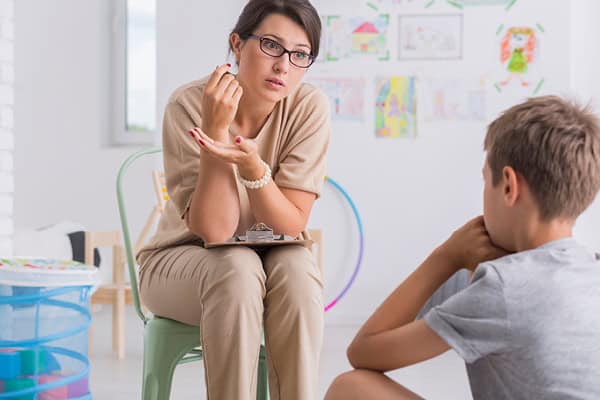“Learned helplessness” is the belief that even with effort, a student will not progress, can resist help, quickly surrender academically and display passive behaviors, said speakers at the recent Council for Exceptional Children’s annual convention, according to a K-12 Dive article.
Such students — with or without disabilities — may seem lazy, defiant and accepting of failure, speakers told a conference session.
But a lack of self-confidence and sense of powerlessness can stem from early childhood traumas and previous negative school experiences. The good news: speakers said learned helplessness can be unlearned through academic interventions and by celebrating successes — even small wins.
“When we get these babies and they come to us at 3, 4, preschool age, we have got to start pumping them up to think that they can conquer the world,” said Michelle Griffin, a learning specialist at Tarrant City Schools in Tarrant, Alabama.
Here are three recommendations from speakers to overcome learned helplessness:
1) Encourage a growth mindset
Students with learned helplessness can feel success is out of reach — no matter how hard they try, they’ll miss the mark, said Danielle Edison, a special education teacher in Tuscaloosa City Schools in Alabama.
This belief can contribute to a significant learning gap and lower academic achievement. “By recognizing these signs early and implementing strategies to counteract them, we can help students regain confidence in their ability to take ownership of their learning,” Edison said.
Teaching students to believe that their abilities can improve through strategies and dedication — a growth mindset — can help combat learned helplessness, the speakers said.
Help students recognize their potential to improve. Encourage them to ask for help when needed. And avoid doing the work for the students, setting unrealistic goals, or keeping them from making mistakes, the speakers said.
“We can encourage a growth mindset by helping students use setbacks as learning opportunities rather than insurmountable barriers,” said Lena Cantrell, a 10-year Alabama educator who is pursuing an education specialist degree in special education at the University of Alabama. “Students become more willing to persevere when they see that failure is a step, not a stop.”
2) Create a supportive learning environment
“Cultivating a supportive environment plays a pivotal role,” Cantrell said. “When students know they are in a safe, understanding and encouraging space, they’re more likely to engage actively and take risks in their work.”
Give students autonomy in their learning and encourage them to advocate for themselves. This can strengthen their problem-solving skills and confidence, Cantrell said.
Teachers can support students’ sense of control in their learning through physical and verbal prompts or by modeling a desired task, said Amy Yarbrough, a special education teacher in Alabama’s Jefferson County Schools.
3) Celebrate wins
Help students overcome negative thoughts about their potential by remaining positive and encouraging them to be realistically optimistic. Celebrate even the small steps toward success.
“Help them experience success over and over again so that they’ll want to experience it more,” Michelle Griffin said.
K-12 Dive





